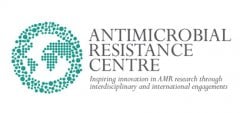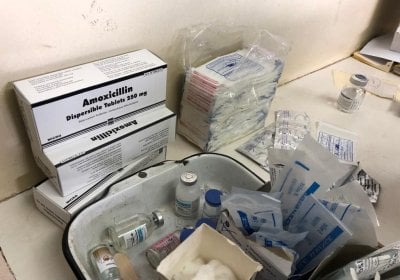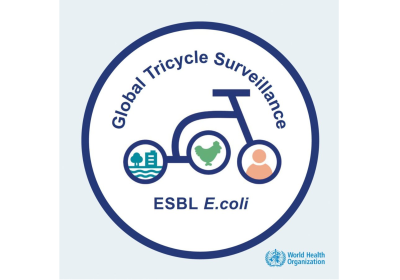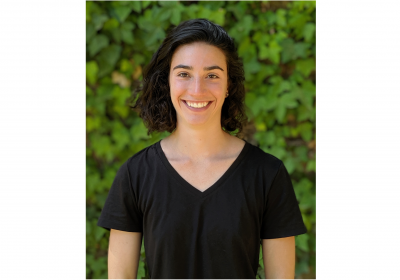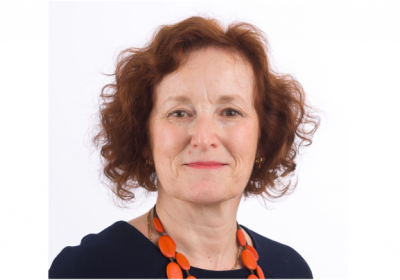Global space-time modelling of antimicrobial-resistance prevalence among priority bacterial pathogens, 2000-2019

In this webinar, Dr Benn Sartorius will take attendees through the spatial modelling of antimicrobial resistance using Bayesian space-time Gaussian Process Regression and conditional autoregressive modelling to help improve estimates in countries without data in the Global Research on AntiMicrobial resistance (GRAM) Project.
There will be a Q&A session at the end of the seminar and audience participation is encouraged.
Speaker
Dr Benn Sartorius, Nuffield Department of Medicine, Oxford University
Dr Benn Sartorius is a senior geospatial disease modeller and global health epidemiologist working with the GRAM project and based in the Centre for Tropical Medicine and Global Health at the University of Oxford. He is an affiliate professor in Health Metric Sciences at the University of Washington, a member of the Global Burden of Disease scientific council at the Institute for Health Metrics and Evaluation and task force co-chair for the World Health Organization Reference Group on Health Statistics. His research is focused is in the spatial epidemiology domain with a particular focus on the spatial-temporal burden of disease estimation and attributable determinants both at sub-national, national and global scales.
His previous work focused particularly on spatial-temporal modelling of child health/mortality and infectious disease burden (HIV, malaria) and associated drivers in sub-Saharan Africa and South Africa. His primary research at present and moving into the next phase of GRAM will focus on spatial-temporal modelling and estimation of antimicrobial resistance prevalence and attributable burden across geography and time.
Please note that the recording link will be listed on this page when available
Admission
Contact
